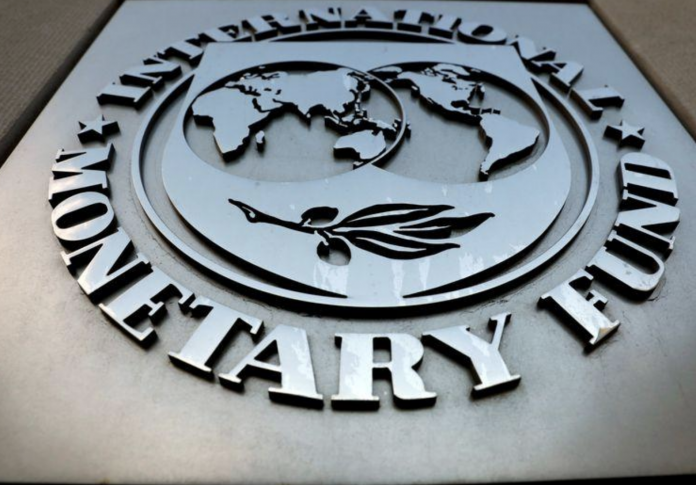

The International Monetary Fund on Monday announced the approval of $4.3 billion in emergency support to South Africa to help it address the socio-economic impact of the COVID-19 pandemic.
South Africa is Africa’s most industrialised country but has been severely affected socially and economically by the pandemic. With more than 445,000 confirmed cases, South Africa is the worst affected country in Africa accounting for more than half of the continent’s cases.
According to the South African government, the funding is a “low interest loan that contributes to government’s fiscal relief package.”
“The country has been hard hit by the pandemic, and this required government to come up with fiscal and monetary measures that would respond to the struggling economy and contain its negative effects to society,” a statement from South Africa’s National Treasury said.
The government added that the funds will go towards supporting health and frontline services, protecting the most vulnerable, driving job creation, unlocking economic growth through reforms and stabilising public debt.
“It will also pave the way for government to provide the necessary financial relief required to forge a new economy and mitigate further harm to the economy.”
A statement from the IMF said that the funding will fill the urgent Balance of Payment (BOP) need arising from the fiscal pressures posed by the pandemic. It adds that it will limit regional spillovers and catalyze additional financing from other international financial institutions.
“It will complement the authorities’ strong policy response to the crisis and their planned post-COVID-19 fiscal consolidation and reforms to promote growth that benefits all South Africans,” the IMF said.
According to a report by ratings agency S&P Global Ratings, South Africa’s economy is expected to contract by nearly 7 percent.
South Africa was quick to respond to the pandemic imposing some of the strictest measures globally including a two-month lockdown. However, the government subsequently came under heavy public pressure to relax the very same measures due to the economic hardships resulting from their implementation.
The government was forced to take drastic measures in an attempt to cushion the economy from the effects of the pandemic. In April, President Cyril Ramaphosa a 500 billion rand ($28.86 billion) relief package equivalent to 10 percent of the nation’s GDP to bolster the economy.
South Africa is one of many the countries that instituted gradual re-opening of their economies to allow citizens to try and make ends meet and ward off the prospect of long-term damage to their economies.